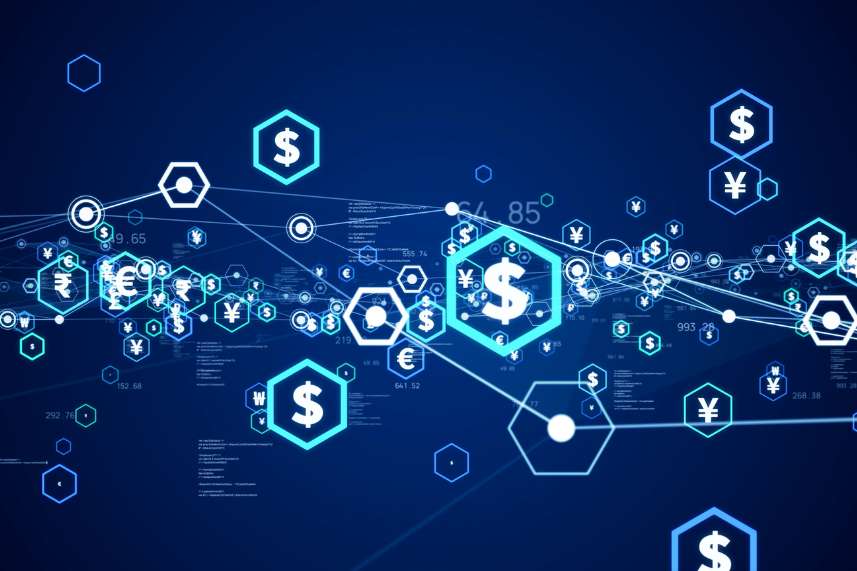Despite being the sales team the ones who makes the sales, it’s the recovery area that creates the profit. This adage from the world of consumer credit highlights the importance of debt recovery activity to the bottom line of entities that provide credit to their customers, inside or outside the financial sector.
The importance of recovery
A sign of the importance of debt collection is the variety of strategies that are carried out to achieve this recovery: internal management, multiple external agencies, credit insurance, refinancing, write-offs, legal action, and sale of delinquent portfolios, among others. This means that institutions are willing to do almost anything to collect.
Added to this range of options is the participation of virtual collection agents who, through conversational text or voice platforms, can help regularize the non-payment situation in some cases.
New challenges to traditional solutions
Let’s think for a moment about the last time we received a call from an unknown phone number. Chances are that, even before answering the call, we had already assumed it was an annoying commercial call and picked up the phone being already biased against it. It is also possible that we did not even accept the call.
Telephone collection is traditionally the primary tactic in the initial stages of debt collection. However, more and more people are shying away from this route. The lack of telephone contact diminishes the effectiveness of debt collection.
Moreover, for the new generations, the main communication channel is not voice, but text and images. How to face this social change without losing opportunities for debt collection?
What if we include virtual agents in the team?
Telephone collections through human agents will continue to play an important role but, reinforcing it with virtual agents based on Conversational Artificial Intelligence will have many advantages in terms of contact ability, continuity of operations, cost control, business intelligence, and, ultimately, recovery rates.
- More and better interactions. The 24×7 availability of virtual agents as well as the preference of segments of the population for communication via chat will involve debtors more and better in the recovery process. In addition, a good message design that includes personalized information will further facilitate this process.
- Cost control. Virtual agents are scalable technology solutions and can automate many tasks that are part of the recovery process, such as offering payment plans, sending documentation, accessing payment gateways, reminders, and other tasks that, in collaboration with human colleagues, will contain the level of recovery costs.
- Business intelligence. By centralizing recovery efforts in virtual agents, the creditor or its agency will be able to have patterns of behavior and the conversation itself with the debtor that allow for maximum personalization of interactions to reach the desired goal of recovering as much as possible, as soon as possible and at the lowest cost.
- Regulatory compliance. As the technology is centrally configured, it will be easier to implement regulatory compliance measures with legal frameworks such as the GDPR on Data Protection or sectoral codes of conduct.
In short, by using virtual conversational agents, creditors will have more possibilities to interact with debtors and increase recovery rates and customer satisfaction, while cost control and compliance are more assured.

Risks associated with large linguistic modelsHow to put it into practice?
Some ideas for implementing a digital collection strategy are as follows:
- Personalize communication. The recovery activity is particularly sensitive and the creditor’s goal is, on the one hand, to recover the debt and, on the other hand, to recover a problematic customer for the future if possible. The use in the conversation of data known to the customer, such as his name or specific details of his account, can help to involve the debtor not only in the conversation but also in the recovery process itself and bonding with the entity.
- Offer self-resolution possibilities. This involves introducing self-service options to customers to resolve the issue, such as pre-designed payment plans, chatbot support, automatic payments within the conversation, and other tools that resolve the late payment situation, sometimes without any human intervention.
- Use of multichannel communication. We have already mentioned the preference a customer may have for one or another communication channel. The various messaging apps, email, bots, etc. are tools that, used appropriately, will facilitate interaction with the customer, which is the first step to recovery. The result will be a higher contact rate and customer satisfaction, which will ultimately impact the recovery rate.
- Ensure strict compliance with data protection regulations. For example, we are observing a certain wariness in European authorities about conversational AI and it is important to apply very zealously the legislation in force in this area.
- Monitoring and adapting strategies. It is necessary to continuously measure the various activity indicators, such as response rates, recovery time, recovery rates, etc. for each channel and customer segment. Based on this information, it will be possible to optimize strategies, dialogues, payment plans, and in general all elements of the collection process.
By following these best practices for implementing conversational agents for debt collection, creditor companies can increase the effectiveness of their debt collection efforts and, at the same time, improve customer engagement and satisfaction.
Summary
Debt recovery activity is particularly dynamic and solutions that were satisfactory only a short time ago are gradually losing effectiveness. The incorporation of conversational technology to recovery teams increases contact ability, facilitates debtors’ access to their preferred channel, limits recovery costs, and, in short, fulfills the motto with which we started this article: the recovery team is the one that creates the profit.
About AlgoNew
At AlgoNew, we add intelligence to your digital interactions so you can deliver a personalized and efficient experience to your customers. How do we do it? Through a combination of intelligent decision management, natural language processing, and advanced analytics.
We use algorithms to help you make informed decisions in real-time and improve the efficiency of your processes. In other words, we make sure that every action you take is based on relevant data and artificial intelligence, resulting in faster and more accurate decision-making.
Conversation management, on the other hand, refers to how you interact with your customers through digital platforms such as chatbots or virtual assistants. We use natural language processing technology to understand and respond to customer requests effectively and naturally. This means your customers can interact with digital systems in the same way they would with a human, which enhances the user experience.
Finally, we use advanced data analytics to gain valuable insights from your digital interactions. We analyze the data generated from your interactions to identify patterns and trends that can help you improve your business. This can include things like identifying common problems your customers have and how to solve them efficiently or identifying areas for improvement in your business processes.
This combination of intelligence that we offer at AlgoNew can help you significantly improve your digital interactions with customers. It helps you make informed, data-driven decisions, interact with them effectively and naturally, and gain valuable insights into your business processes.
All leads to a better customer experience and greater business efficiency!





